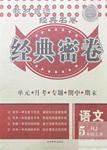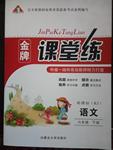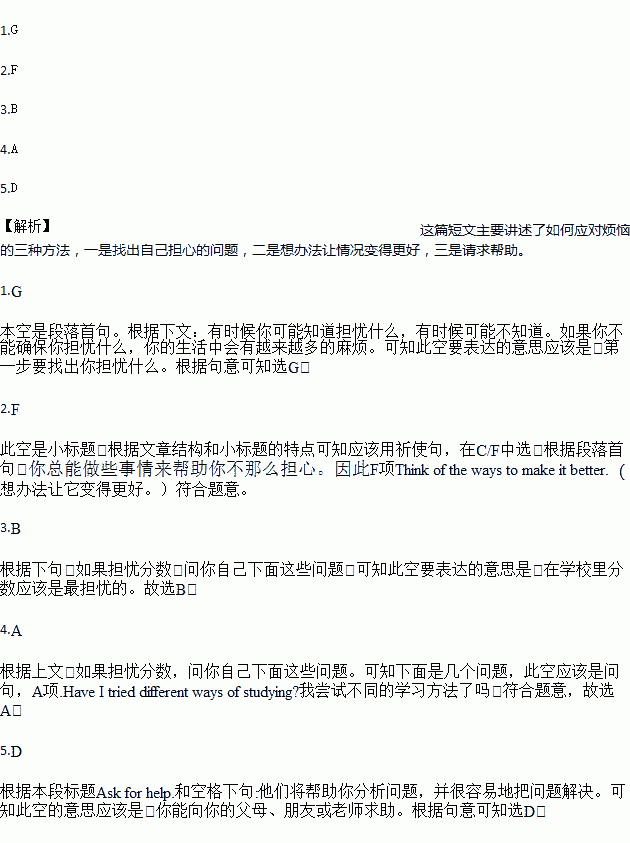题目内容
Everyone has worries, but what do you do with your worries? Whether your worries are
big or small, you can take three steps to deal with them.
Try to find out the causes.
1. Sometimes you know it, but sometimes you might not. If you can’t make sure what your worries are, you will have more and more new problems in your life. So remember that you must try to find out the causes before you start to deal with them even though it might not be so easy.
2.
There is always something you can do to help you feel less worried. Sitting there worrying is no fun and it won’t solve your problem. 3.. If you’re worried about grades, ask yourself these questions:
·How do I get ready for class? Do I review my notes even when there isn’t a test?
·Do I have a good place to do my homework?
·4.
If your worry is about a fight you had with a friend, you might write down all the things you could do—write a note to him or her, invite him or her to a basketball game, say sorry to him or her etc. . Once you have a list of things you could do, you can choose the one that gets your friend back.
Ask for help.
When you are worried, you need to find someone to communicate with.
5.They will help you analyze(分析)your problems carefully and solve them easily.
A. Have I tried different ways of studying?
B. Grades at school are often a top worry for students.
C. Think of the ways to improve grades.
D. You can ask your parents, friends, or teachers for help.
E. How can I improve my grades?
F. Think of the ways to make it better.
G. The first step is to find out what you’re worried about.
 经典密卷系列答案
经典密卷系列答案 金牌课堂练系列答案
金牌课堂练系列答案 三新快车金牌周周练系列答案
三新快车金牌周周练系列答案

 you add the salt?
you add the salt?